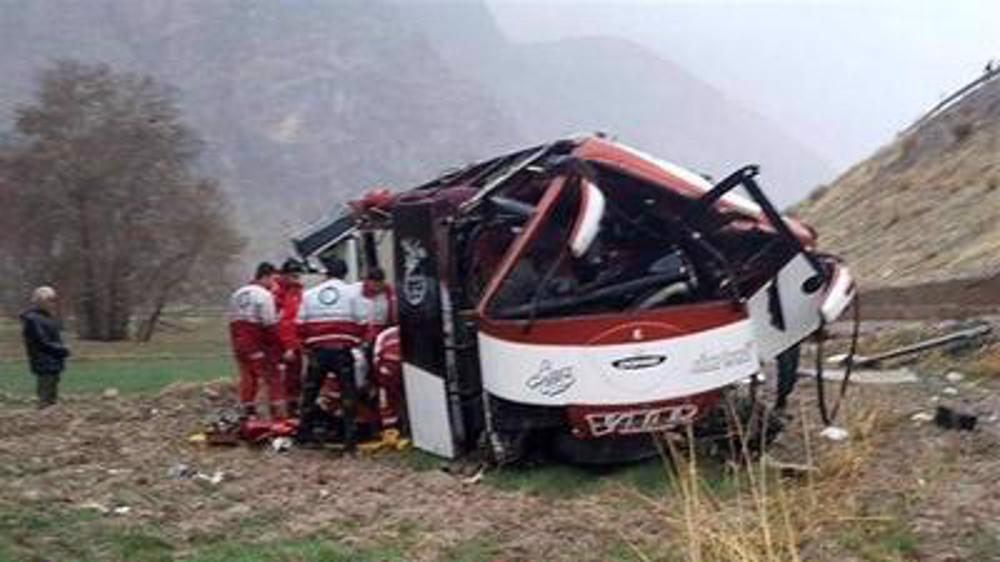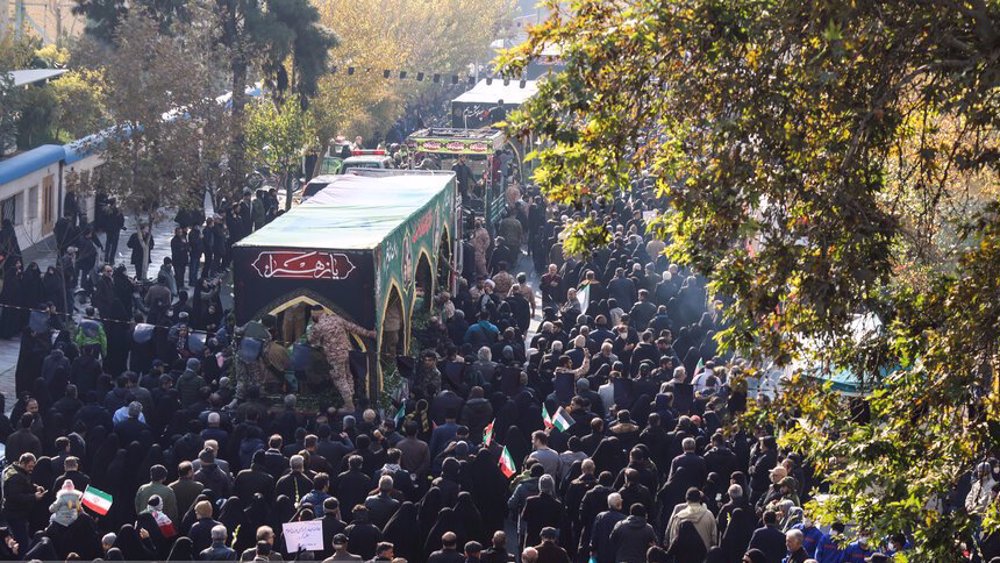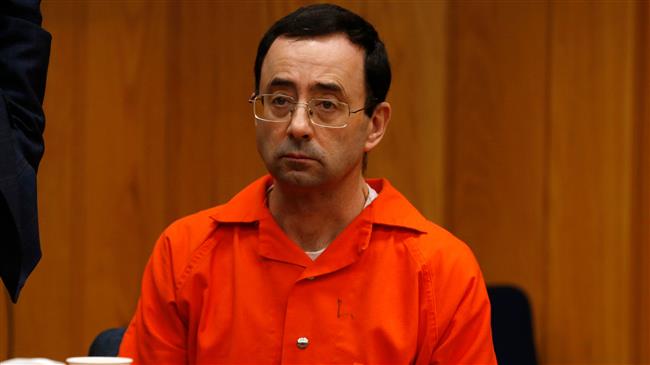Saudi, US among top 10 dangerous places for women: Study
A survey of 550 international experts has placed Saudi Arabia and the United States on the list of 10 most dangerous places in the world for women.
Saudi Arabia and the US came respectively 5th and 10th on the list drawn up based on the Thomson Reuters Foundation’s survey of experts on women’s issues.
India, Afghanistan, Syria and Somalia top the list, which was released on Monday.
The Saudi kingdom was ranked fifth overall, but was named the second most dangerous country for women in terms of “economic access and discrimination, including in the workplace and in terms of property rights.”
It also came fifth “in terms of the risks women face from cultural and religious practices,” Reuters reported.
The report comes amid media fanfare dramatizing Saudi Arabia’s removal of a driving ban against women on Saturday.
Last year, when the decision to lift the ban was announced, Riyadh also said it would be loosening its so-called “guardianship” rules for women, which subject their freedom to oversight by some male relatives.
The moves were received warmly by the kingdom’s allies in the West, which contribute generously to the kingdom’s military might.
Critics and international rights groups, however, described such measures as only sham.
Activists have, meanwhile, taken to social media to remind the world's people that the ban has been lifted but the female activists, who helped make it happen, are still behind bars or in exile. Many such activists were rounded up over the weeks running up to the restriction’s removal.
Rothna Begum, the women’s rights researcher for the Middle East and North Africa at New York-based Human Rights Watch, posted a picture of some of the detainees on her Twitter account on Monday.
Cairo-based journalist Samer al-Atrush also tweeted a picture of, what she called, “some Saudi male authorities excitedly opening the first holding cell for female traffic violators on day 1 of allowing women to drive.”

Also on Monday, The New York Times published a feature showing how the guardianship fetters also continued to restrict Saudi women’s access to education, jobs, and money, while interfering with their marital prospects.
Meanwhile, the US was the only Western country on the list. It came third together with Syria “for the risks women face in terms of sexual violence, including rape, sexual harassment, coercion into sex, and a lack of access to justice in rape cases.”
“Experts, advocates and survivors said a rising awareness of assault against women pegged to the #Metoo movement, the country’s outsized role on the world stage, and a tolerance of violence added to the perception of danger in the United States,” Reuters said.
The #MeToo campaign emerged last year, with women beginning to blow the whistle on their abusers in the highest social echelons. It, now, has hundreds of women in its ranks, and has inspired a similar French drive.
“I can understand why people would perceive us as being a country that is dangerous for women because we kind of are,” Abby Honold, a sexual assault survivor and activist in Minneapolis, told the Thomson Reuters Foundation.
“We try to sell that we are a country of freedom and also of safety, but there are a lot of people in our country that are not safe, and victims of sex assault and domestic violence are certainly in that group,” she said.
VIDEO | Report flags India’s violation of rights of Rohingya detainees
Turkey's foreign minister meets Syria's de facto leader in Damascus
'Next to impossible' to rescue patients from Gaza's Kamal Adwan Hospital: Director
VIDEO | Vietnam current prosperity
Report blames gasoil exports for shortage at Iranian power plants
VIDEO | Hind Rajab Foundation names Israeli war criminals vacationing after Gaza genocide
VIDEO | Australians rally for Gaza ahead of Christmas festivities
VIDEO | Attacks on Sana'a














 This makes it easy to access the Press TV website
This makes it easy to access the Press TV website